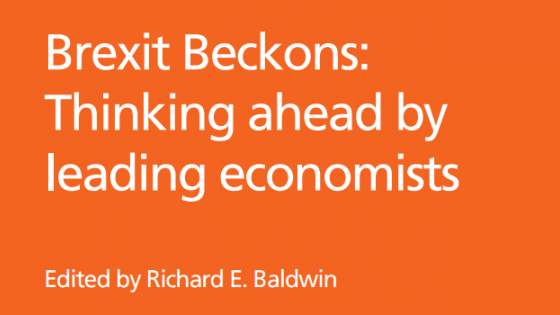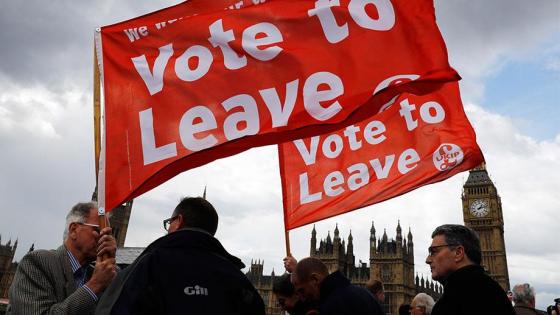First posted on:
Finance: Research, Policy and Anecdotes, 3 March 2018.
At some point in the future, historians might look back in surprise at the 2010s in the UK and the rather convoluted Brexit process. In the back-and-forth between the European Commission and the British government, one really wonders whether the British government simply does not know better or whether they have reached the point where they realised that the envisioned Brexit strategy is simply not feasible and are looking for an organized retreat. The hostile reaction of politicians and right-wing press to the EU draft of the Brexit treaty was surprising, as all it did was to put into legal language the political agreement from December. More realistic was Theresa’s May latest speech last Friday, where she finally acknowledged that the UK might after all not have its cake and eat it.
The main tension between London and Brussels seems to stem from a fundamentally different approach: for the UK government, Brexit is a political process; for the European Commission, a legal-administrative process. One might also think that the difference between principle-based common law and bright-line-based civil law/continental European approach shines a bit through, but I would put more weight on the political explanation.
From the viewpoint of the EU, it is very simple: the EU cares primarily about the interest of its remaining 27 countries and their people (important if you think about the issue of the Irish border). The EU has no business to solve internal policy conundrums in the UK or help the UK government to resolve problems stemming from Theresa May’s mistake of drawing red lines for Brexit before thinking through the implications.
For the UK government, on the other hand, this process is as much about managing expectations with its electorate and internal Tory critics on both sides as it is about negotiating with Brussels. What is more, the UK government seems to negotiate more with itself than with the European Commission. Therefore it is not surprising that even though it was the UK government that started the divorce process, it is the European Commission that has produced a first draft of a divorce document.
The best example is the stand-off on the border between the Republic of Ireland and Northern Ireland. The EU’s suggestion of leaving Northern Ireland within the single market and customs union is a fall-back position to prevent a hard border from having to emerge after Brexit; it is up to the UK to come up with an alternative if they insist on the UK leaving the customs union and not having a border in the Irish Sea. The technological solution so much advertised by Boris Johnson and Co. has so far been nothing but an ambition and a slogan. And since the final trade agreement between the UK and the EU will not be agreed upon before Brexit, a fall-back position to avoid a hard border and thus endanger the Good Friday Agreement is necessary. Again, this is the logical consequence of a legal approach to Brexit.
So far, nothing has gone according to the Brexiteers’ plan. Instead of a leisurely afternoon tea in Berlin to agree on a new EU-UK deal, long negotiations with Eurocrats in Brussels have awaited the British government. Ignorance on how the EU works and the utter lack of preparation has not helped. It was not until this past week that the British and Irish governments agreed on a study on how to avoid a hard border in Ireland after Brexit, one year after triggering Article 50 and almost two years after the Brexit referendum.
Again, historians will look back at these years in surprise and/or despair. Having lived and worked in this country for over four years and being an Anglophile by upbringing, education and conviction, I can only hope the best for the UK. But I am no longer optimistic. The political class in the UK has failed its population miserably!



